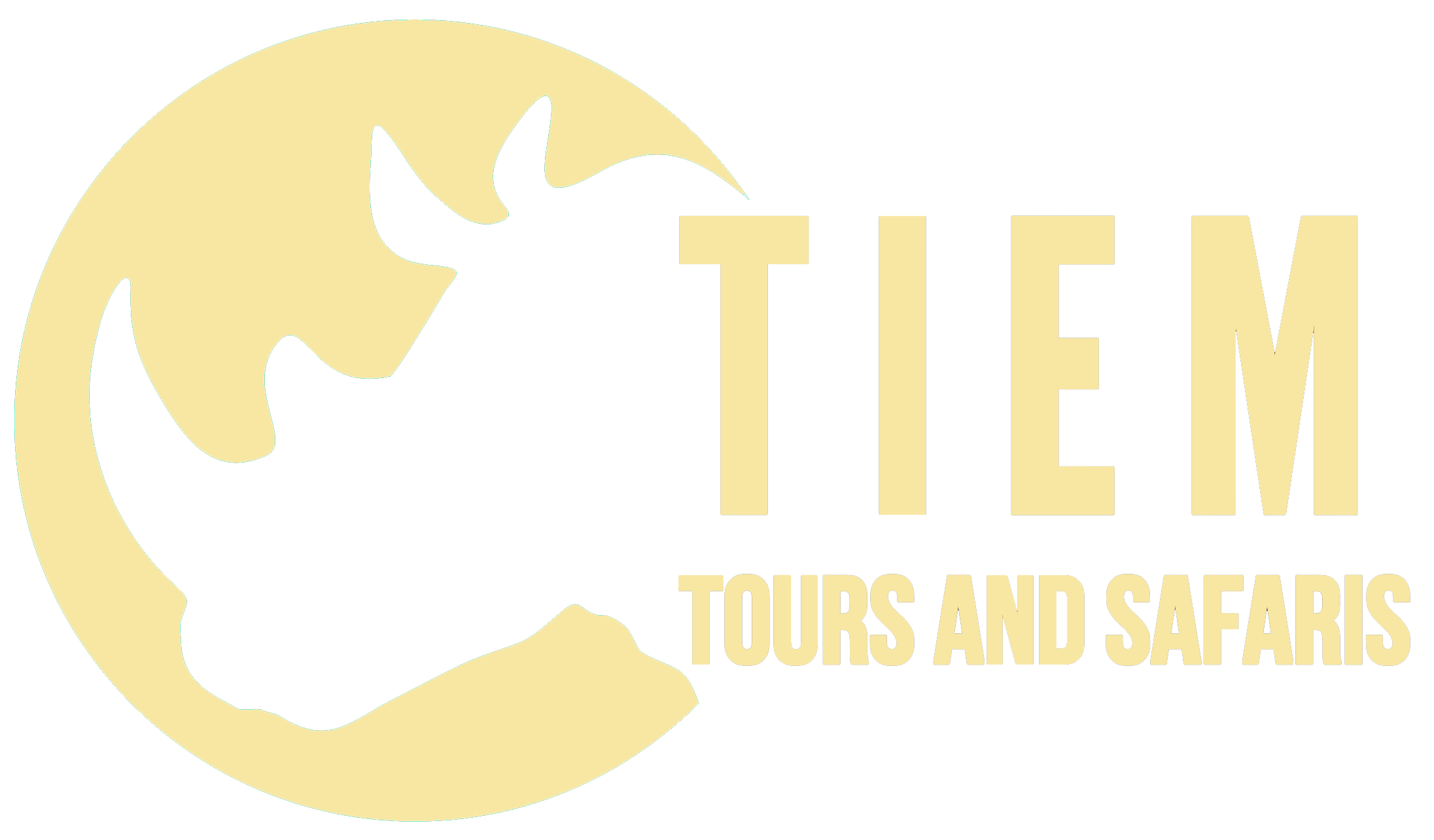What is the cost of Kilimanjaro including, flights, tips, you health, park fees etc?
The average cost to climb Kilimanjaro is $2000 to $6000, the price varies from cheap, budget operators to large Western travel agents selling outsourced climbs at an inflated price. There are various, unavoidable fixed costs to any tour operator and if a climb seems too cheap, you’ve got to ask yourself why.
Where are they making ‘savings’ (read: compromises) and what impact might this have on your safety and comfort on the mountain? What about your crew? Staff expenses are the main way that cheap operators cut costs, by not paying a proper wage, and providing little (or no) equipment and gear. This won’t make for a happy team and gives rise to welfare issues.

All tour operators on Kilimanjaro need to be licensed and registered by KINAPA, the National Parks Authority. However, travel agents worldwide can sell treks up Kilimanjaro that they outsource to local operators.
You want to find a balance between “too cheap to be safe” and “overpriced”.
The Human Cost of Cheap Kilimanjaro Operators
Every year, people die on Mount Kilimanjaro, many of these are porters, which you won’t find reported in the Western press.
Guides & Porters
At Climbing Kilimanjaro we take our responsibility to our guides and porters very seriously. There are countless reports of porters not being paid a living wage, of them having little to no cold-weather gear, inadequate food, and sleeping in crowded, uncomfortable conditions. The Tanzania Porters Organization was set up to counteract this unethical treatment and we aim to exceed their guidelines.
Having a high guide-to-client and porter-to-client ratio means that porters are not overloaded, carrying more weight than they should be, in an attempt to keep prices low.
Sleeping conditions, adequate gear, and food are just as important for porters. Our guides perform the same health checks for the porters every day, to ensure no one is suffering from altitude sickness or other complaints.
When you see how hard your porters work, you’ll be thankful that you climbed with a company that makes it our mission to ensure staff welfare.
Your Safety & Well being
Climbing Kilimanjaro is tough. And it can be dangerous. For your safety and comfort, at the very least, you’ll want:
- Well trained, experienced English-speaking guides who know what to do in an emergency
- Proper procedures in place
- Well maintained, good quality equipment
- Nutritious, varied meals that are tasty
- Safe drinking water

Kilimanjaro National Park Fees
Kilimanjaro National Park imposes fees on both visitors and crew. These can be broken down into the following:
- Conservation Fees – The Kilimanjaro authority collects fees per day you spend inside the park. Example On an 7 day Machame climb, the conservation fees total $490 ($70 x 7 days).
- Campsite Fees on Machame route, Lemosho route, Rongai route , Northern circuit (or huts on Marangu route) fees – $50 to $60 per night per person. Example On a 7 day Machame climb, the camping fees are $300 ($50 x 6 nights).
- Rescue fees – $20 per person per trip (this doesn’t include helicopter rescue, and we don’t rely on the National Park rescue service)
- Guide & Porter Entrance Fees – $2 per staff person per trip
- Taxes & VAT – 18% of services. The Tanzanian government charges 18% VAT to all Kilimanjaro operators.
The cost to an operator can easily be around $160-200 per climber, per night, in Park Fees alone. So if it’s too cheap, where are they making savings?
Staff Wages
Staff wages amount to around $80-$150 per climber per day depending on the group size.
Staff wages are a considerable cost and making savings here directly takes money out of the pockets of the lowest-paid people on the mountain. Making sure the porters and guides have proper gear and training is a significant cost to any Kilimanjaro reputable operator.
Every year we hear stories of unscrupulous operators relying on the high unemployment rate in Tanzania to staff their climbs with desperate porters who agree to work for no salary, in the hope of a tip at the end. (see Kilimanjaro Porters)
Food, Water and Transportation cost
Food shopping costs about $10-$20 per climber per day includes food for staff and Transportation costs are about $100 per Kilimanjaro trip depending on the route choice
While the cost of food in Tanzania is not high, it still has to be carried up the mountain, stored in safe and sanitary conditions and prepared by well-trained mountain chefs. On the longer routes, we may need to resupply with fresh produce a few days into the trek.
We don’t compromise on food quality to save money. We understand different dietary requirements and how to fulfill them.
Equipment
Gear and equipment on the mountain takes a battering. You want to be sure that your operator maintains all gear to a high standard, replacing it frequently. When you choose a climb, you want to be sure you’re getting:
- Solid, well-maintained 4-season tents, suitable for mountain conditions.
- Proper dining tent with table and chairs
- Toilet and toilet tent (if applicable)
- Spare gear in case of damage
You’ll also want to know that your crew has proper trekking gear and sleeping conditions.




